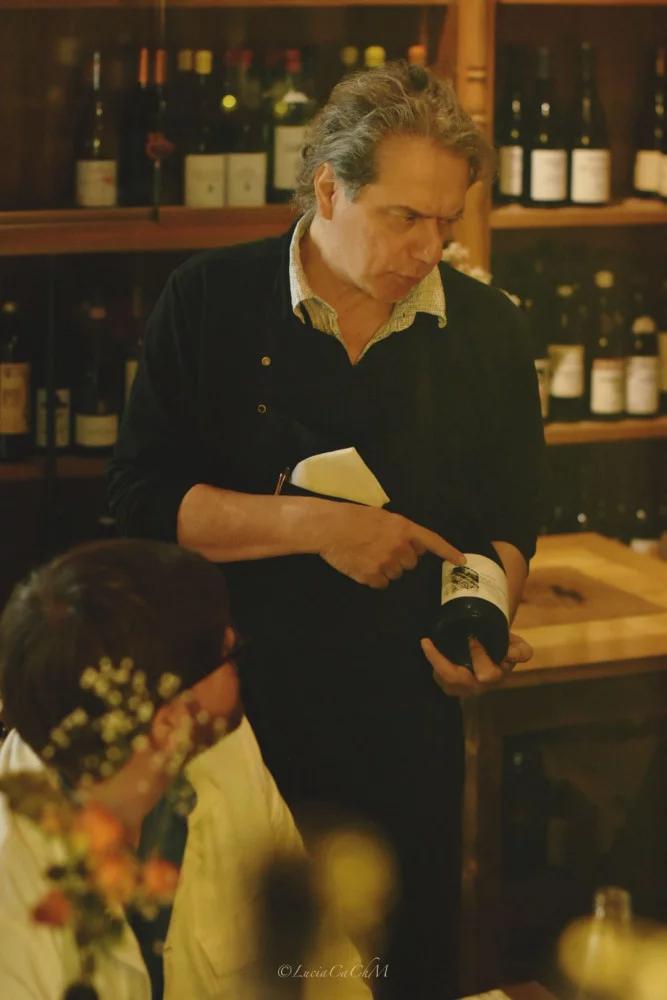Wine tourism is expanding from vineyards to city streets. Both travelers and locals want authentic wine moments in urban settings, and wine bars are quickly becoming the new stage for these experiences.
For years, wine tourism meant leaving the city to visit wineries and vineyards in rural settings. That model remains strong and crucial for the future of this economy, but the definition has grown. Increasingly, travelers and also locals want to explore wine where they are staying — in cities.
Cities like Rome, Milan, Paris, and Vienna are already part of this shift. Visitors don’t want only to see monuments or dine out: they want a cultural connection through wine, in an environment that is accessible and authentic. A wine bar experience is much more than a classic aperitivo moment, it's a journey that can make the visit of the town even more unique for the visitor.
Why Wine Bars Matter
Wine bars are in a unique position to meet this demand as the can really meet the needs of customers
- AccessibilityGuests can discover wine just steps away from their hotel or apartment. No long transfers or countryside trips required if a traveler does not have time to do it.
- AuthenticityA wine bar brings together stories of regions, grapes, and producers, sometimes not only from the immediate territory but from across the country. Everything is condensed in one place.
- Time efficiencyTravelers often have just one or two free hours. A short, well-curated moment in a wine bar can become a highlight of their trip.
- Local appealUrban wine tourism is not just for travelers. Residents also seek experiences beyond the standard aperitif, choosing places based on the cultural and gastronomic offer, not only on location

What This Means for Wine Bars
Wine bars are no longer only places to consume wine. They are becoming cultural spaces that represent the identity of a city. This new role brings two types of opportunities:
For residents, who may choose a wine bar not randomly, but for the specific experience it offers.
For international travelers, who want to connect with wine and gastronomy without leaving the city, but often don’t know where to go.
The Role of Winedering
This new context also requires new tools. Travelers need a simple way to discover and book authentic wine experiences in the cities they visit. How many wine bars are distributed in a town? How can a traveler choose and find the perfect solution?
Wine bars, on the other side, can get visibility and a reliable channel to reach this audience.
Winedering was created exactly for this purpose: to connect travelers searching for authentic wine moments with the venues that can provide them. With thousands of experiences already live across Europe, Winedering is expanding from vineyards to city wine bars, helping them position as destinations.
This means two things:
Travelers can easily find and book curated tastings in urban wine bars.
Wine bars can reach an international audience that is actively searching for these opportunities.
Urban wine tourism is here to stay. Wine bars that embrace this trend can position themselves as destinations for both locals and visitors.
In the next articles, we’ll explore what this shift means in practice, the advantages for wine bars, and how some have already started to benefit.
We are looking forward to meeting wine bars that want to be part of Winedering and start selling wine experiences in town.
Ready to get started?
Sign up now and start selling your wine experiences at your wine bar